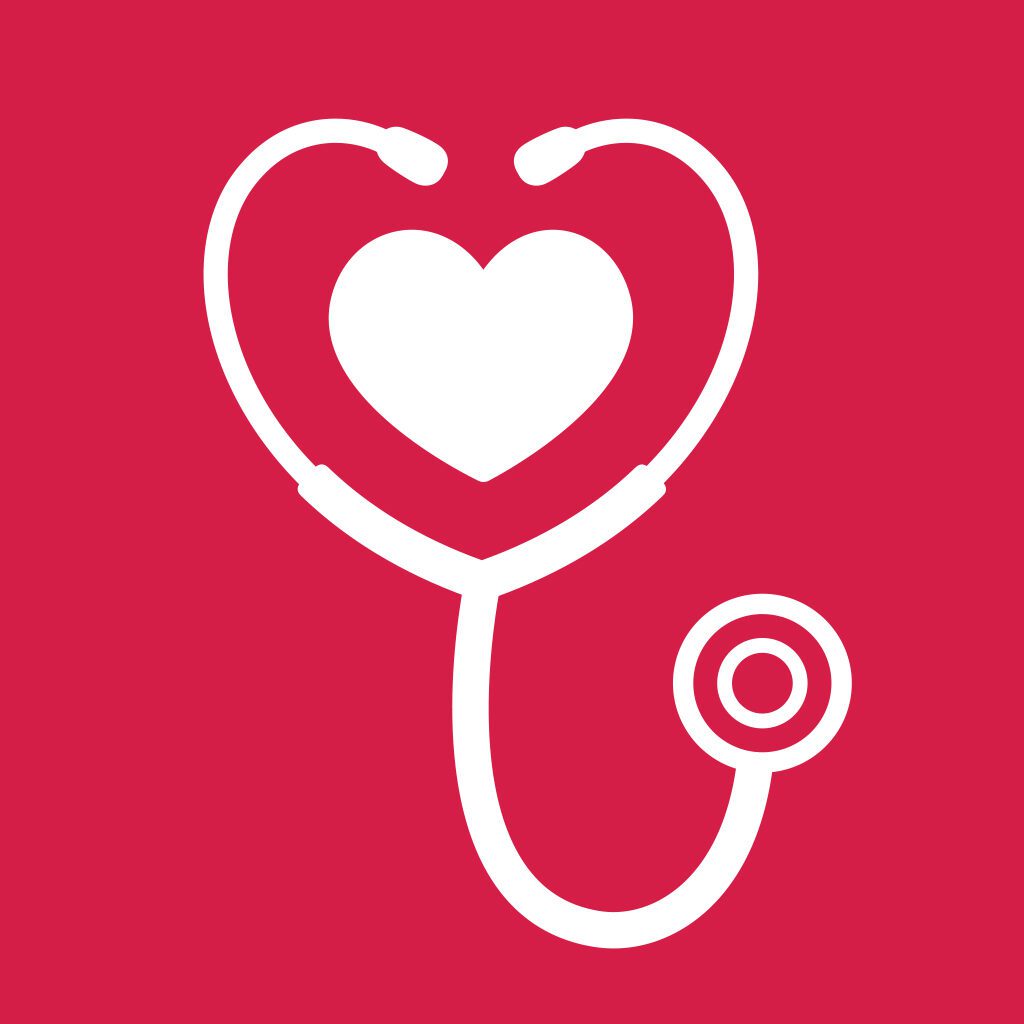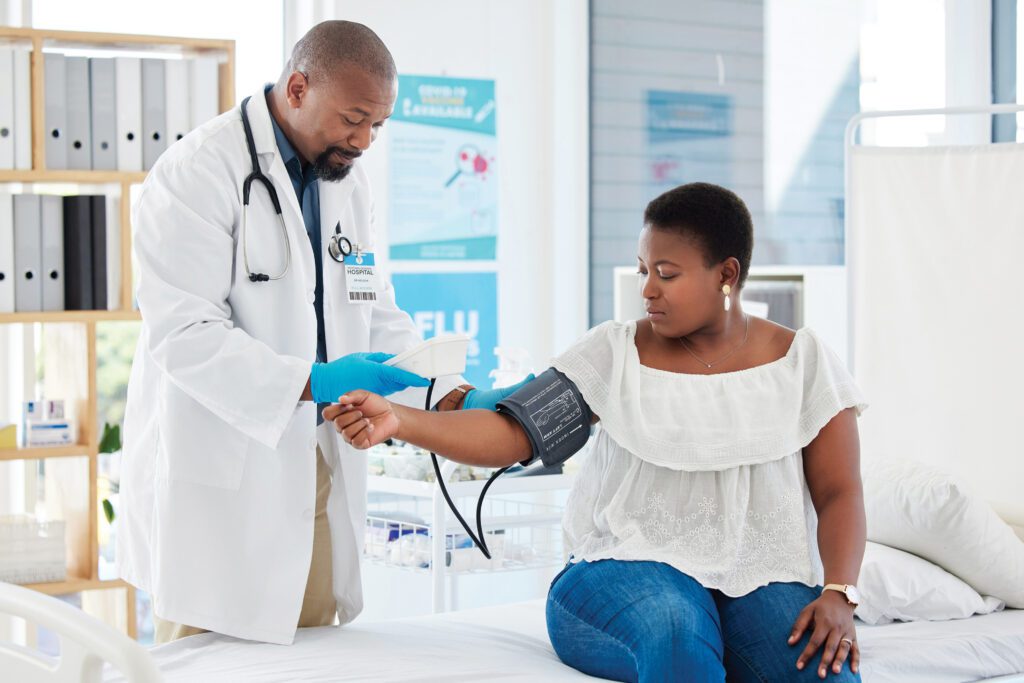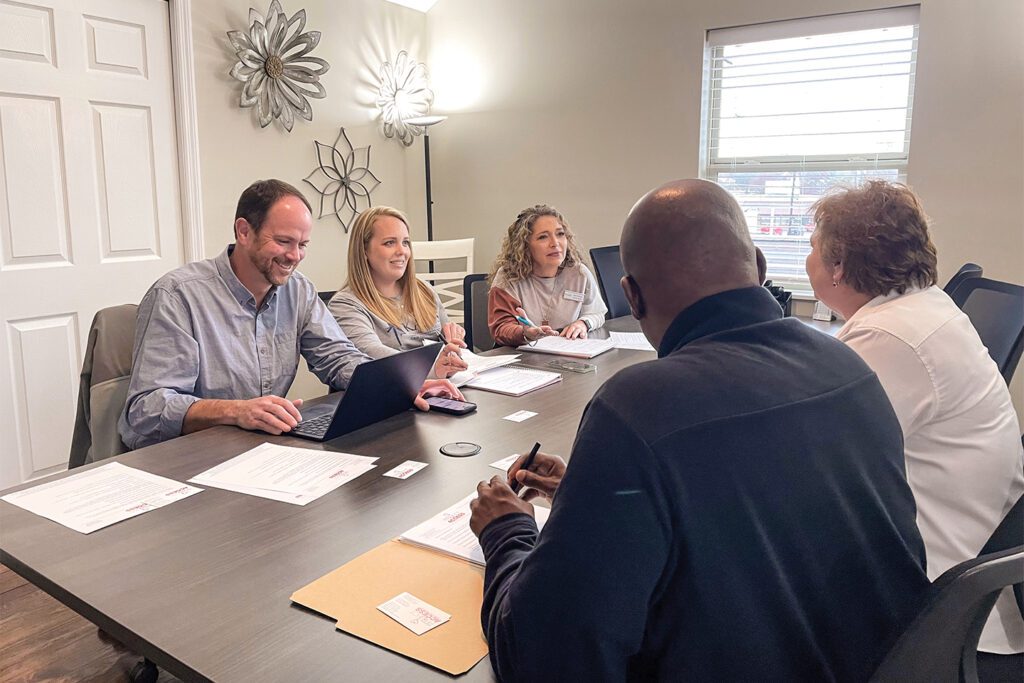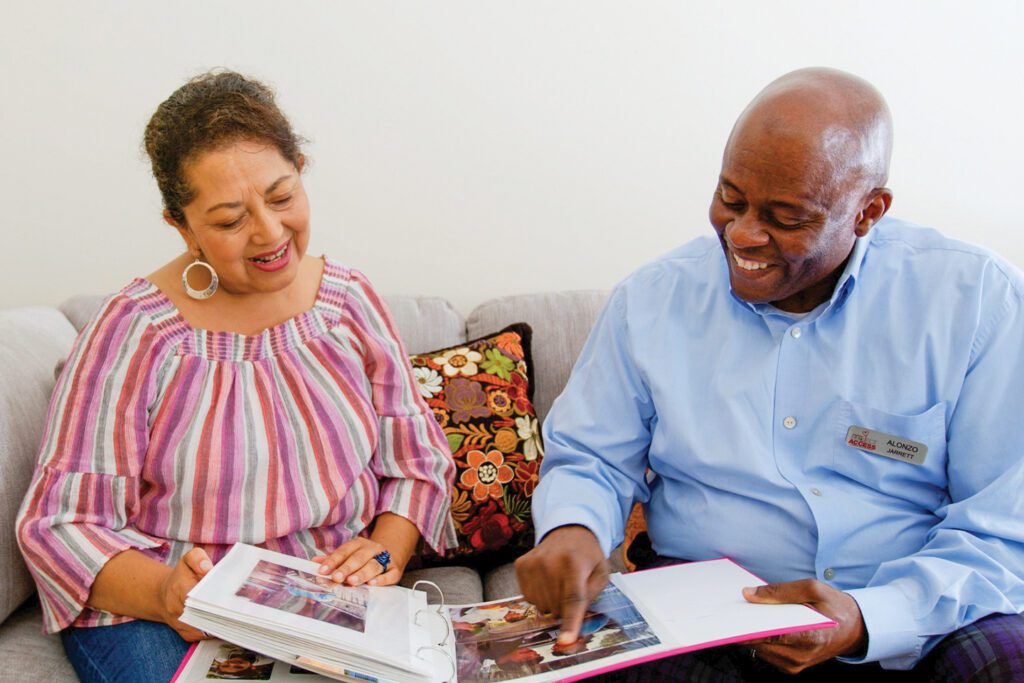For people in Southeast Tennessee who fall ill and have no health insurance and no place to turn to for treatment, Project Access can provide a second chance at life and health.
Project Access is a nonprofit coordinated-care network of doctors, hospitals, healthcare providers, and community clinics that provides donated healthcare for residents in low-income jobs who do not have health insurance. The program also provides care to people who don’t qualify for federal or state programs such as TennCare and Medicaid and cannot obtain insurance.
“Project Access allows physicians and hospitals to provide free medical care to patients who are uninsured in our community,” says Dr. Shauna Lorenzo-Rivero, president of the Medical Foundation of Chattanooga. “What I love about this is that our community takes care of our own. That is the way it should be.”
Since its inception in 2004, Project Access has made healthcare available to more than 23,500 low-income, uninsured residents. More than $219 million in healthcare services have been donated by more than 1,150 volunteer physicians, providers, and hospitals through the program. The program is coordinated through the Medical Foundation of Chattanooga in partnership with the Chattanooga-Hamilton County Medical Society.
“I always think of the statement that every society is truly judged by how it takes care of those most vulnerable in its midst,” says Dr. Marijka Grey, Medical Society president. “We know that, despite the fact that we have great hospitals and health systems here in Chattanooga as well as great physicians, there are some patients who still go underserved, and this is where Project Access comes in.”
Project Access coordinates specialty care services for patients referred to the program by local primary care physicians and health centers. Patient care coordinators make sure the patient meets program requirements and then helps find the specialists they need.


I wouldn’t have been able to get the treatment without Project Access. I thank God they do this. They’ve given me a chance to fight this cancer.”
Sherrie Raines Wallace
“If procedures or other services are needed, care is coordinated with hospitals or other service providers so the patient’s health can be restored,” says Rae Young Bond, executive director of the Chattanooga-Hamilton County Medical Society and Foundation.
“Doctors and hospitals have always provided charity care, but it was done in a sometimes informal manner,” Bond adds. “Project Access created a coordinated charity care network that makes it easy for hospitals and physicians to participate while easing the navigation of a sometimes complicated healthcare system.”
To be eligible for Project Access, patients must have a current medical condition, be uninsured, be ineligible for health insurance and other health benefits, and have an income 150% below the poverty level.
Before the program started, patients would often have to visit their primary clinic many times until the condition was bad enough that they could access specialty care through a visit to the emergency room. Now, through a coordinated effort with other charity partners, patients are referred to Project Access before those cases are too serious to treat easily.
In 2022, Project Access collaborated with the Bradley County Medical Society to expand beyond Hamilton County and treat patients from 23 surrounding counties and rural areas.
“Tennessee as a whole is a fairly rural state. We are fortunate in Chattanooga that we have three main hospital systems, but other surrounding counties are not so fortunate,” Dr. Lorenzo says. “They may have a primary doctor who sees a patient, and they also need specialty services that aren’t available in those rural areas.”
Patient Sherrie Raines Wallace was one of those rural area patients. Residing in Crossville, Tennessee, Wallace was referred to Project Access and sent to a specialist for a nodule. That nodule eventually was determined to be an advanced form of cancer. She was sent to an oncologist where she received chemotherapy treatments at no cost.
“It was scary,” she says. “I wouldn’t have been able to get the treatment without Project Access. I thank God they do this. They’ve given me a chance to fight this.”
The goal of Project Access is to help restore people’s health so they can go back to work, take care of their families, and have fulfilling lives.



“Our doctors find it to be a deeply meaningful experience when they can offer that gift of healing to someone who is desperately in need and doesn’t know that a resource like this even exists,” Bond says.
“Project Access allows us to reach out to patients who do not have health insurance and who may put something off because the choice is between getting food for the month or being seen by a doctor,” adds Dr. Grey.
Project Access patients never have to worry about the ability to pay for the services provided.
“Nowadays even working folks with insurance are thinking to themselves, ‘Can I afford this?’ And I love that with Project Access, neither doctors nor patients have to worry about it,” Dr. Lorenzo says. “If you are a Project Access patient, you show up and you are treated just like any other patient.”
Chattanooga resident Monica Calderon recently faced a challenge when her husband Fernando was diagnosed with lymphoma. Without health insurance, they didn’t know where to turn. That is when Project Access entered their lives.



Project Access Assistant Director Alonzo Jarrett and Director Tonya Williams (right) speak with Karis Community Health’s Medical Director Dr. Madison Torrence, Medical Office Manager Lana Jones, and Executive Director Kelly Ohlsson (left) about the organization’s partnership.
“We were worried about how we were going to afford it,” Calderon says. “When Fernando had his ID card, they said, ‘Oh, you are with Project Access!’ For us, it was a bright day, and we could breathe a little more easily.”
Despite treatment, Fernando eventually succumbed to his cancer, but he and his wife were given a second chance for quality time together.
“I was able to cook his favorite meals. We talked from the morning to the afternoon. We loved. We laughed. We cried. We planned because we knew his time was coming close,” Calderon says. “I would not have had that time if Fernando wasn’t part of Project Access, so I want to say thank you.”
Even when a patient doesn’t survive, they may extend their lives and have quality time with loved ones that they wouldn’t have otherwise had.
“This program speaks to the heart of compassion that you see daily in the medical community,” Bond says. “We are able to provide more time for a husband to have with a wife, more time for a family, more time to have some meaningful experiences in those last days and months and years of their lives.”
Through Project Access, the healthcare community works together to give the invaluable gift of a second chance to those most in need.
Improving Community Health in Southeast Tennessee
The Medical Society was founded in 1883 to promote sound medical practice and improve community health. The Medical Foundation was created in 1986 to expand those missions and provide a vehicle for the physicians’ charitable endeavors.
Today, these organizations work on a variety of fronts throughout the community to improve public health. They helped lead community collaboration to address COVID-19, provide access to care through Project Access, encourage students to consider healthcare careers, and support programs to help physicians address stress and overcome burnout.
Southeast Tennessee Project Access
- Coordinated more than $219 million of donated healthcare services since 2004
- Care provided by more than 1,150 physicians annually
- Hospital partnerships with CHI Memorial, Erlanger, Parkridge, and Tennova Cleveland
- Coordinates specialty care service for 21 community health centers
- 23,511 patients from 32 counties have received care or have been directed to services
Youth Leadership and Educational Programs
- The Future Docs Youth Leadership Forum on Medicine was established in 2006 to encourage high school students to consider careers in medicine.



Monica Calderon shares memories of her husband with Alonzo Jarrett, Project Access assistant director.
- The Future Docs Medical Explorations program is an immersion experience for college students considering medical careers.
- More than 550 students have participated in these programs since 2006.
- Leadership graduates are now practicing medicine or in medical schools and residencies around the country.
- The Regional Science Fair involves 200+ students annually and offers scholarships and other resources.
LifeBridge Physician Wellness Program
- Established in 2018, LifeBridge is designed to help address physician burnout.
- The program increases physician resilience through evidence-based programming and education.
- It provides easy, confidential counseling for physicians at risk of burnout and workplace stress.
- LifeBridge offers access to the Physician Well-Being Index tool that allows physicians to self-assess their status.
Dr. Shauna Lorenzo-Rivero
President, The Medical Foundation of Chattanooga
Dr. Marijka Grey
President, The Medical Society
Rae Young Bond
Executive Director, Chattanooga-Hamilton County Medical Society and Foundation

